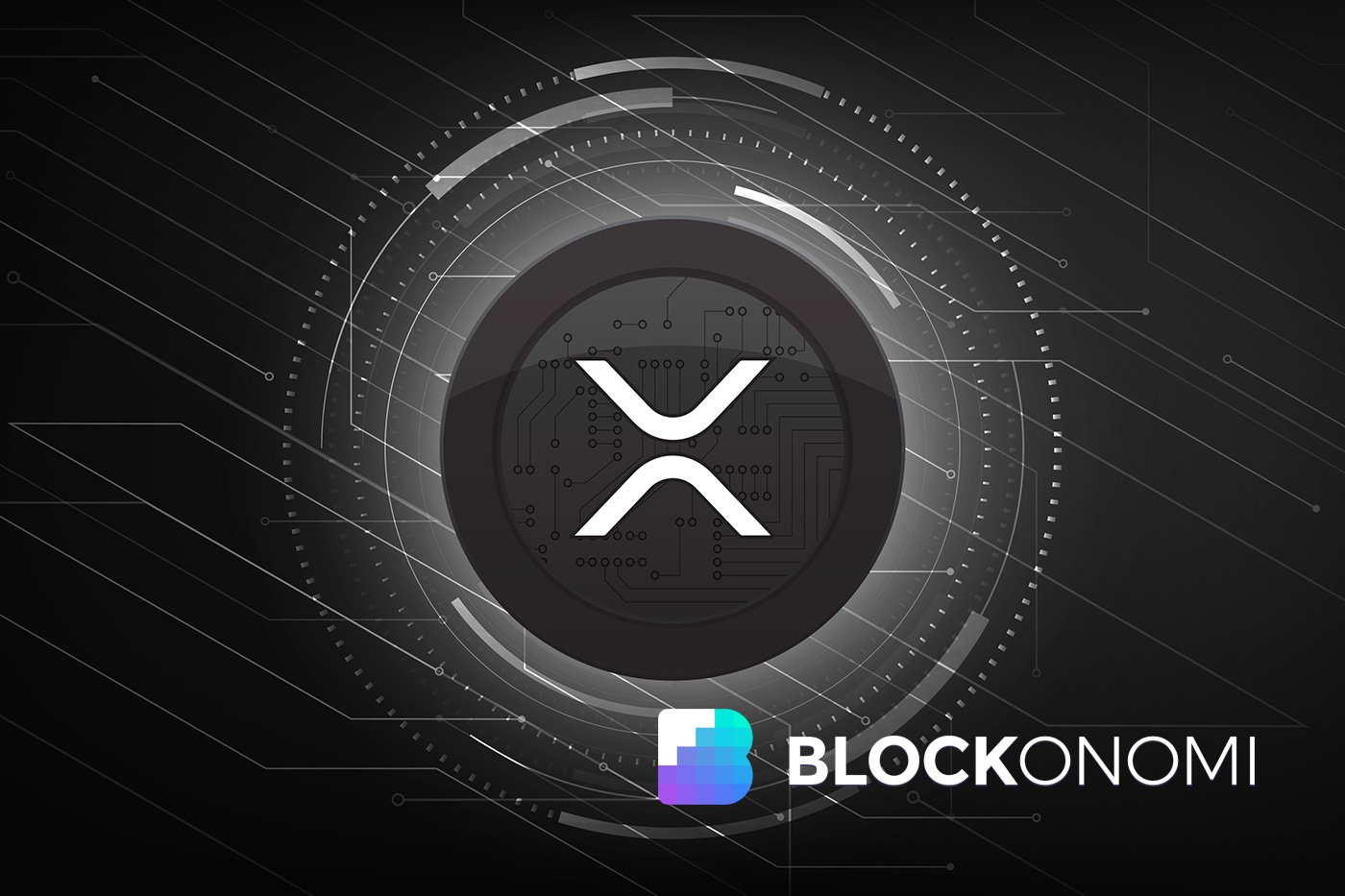
The Ripple-SEC Case: A Game-Changer for Crypto
The cryptocurrency industry recently witnessed a monumental regulatory battle between Ripple and the U.S. Securities and Exchange Commission (SEC), a case that ultimately concluded in August 2025. One of the most remarkable aspects of Ripple’s victory was the pivotal role played by the XRP community, popularly known as the “XRP Army.” Their collective efforts set a benchmark for how organized retail investors can influence legal outcomes in major regulatory lawsuits.
The Power of a Community: XRP Army’s Role
Crypto lawyer John Deaton, who represented XRP holders via an amicus brief, has repeatedly emphasized the significance of the community’s involvement. From submitting affidavits to uncovering critical evidence, the XRP Army became an essential part of Ripple’s defense team. “We have conclusive evidence that we made a difference,” Deaton noted on social media.
The amicus brief filed by Deaton was considered in Judge Analisa Torres’ ruling, which concluded that XRP itself is not a security. Thousands of XRP holders, who felt their interests were unrepresented in the SEC’s allegations against Ripple, united to provide testimonies. The final decision showcased that cryptocurrencies like XRP are not inherently securities, although certain sales to institutional investors were deemed unregistered securities.
How XRP Holders Bolstered Ripple’s Defense
Deborah McCrimmon, Ripple’s Vice President and Deputy General Counsel, acknowledged the extraordinary efforts of the XRP community in gathering evidence. According to her, XRP holders analyzed lengthy speeches, blockchain-related documentation, and public statements by the SEC. This invaluable body of research was provided voluntarily, saving Ripple legal teams thousands of dollars. “We didn’t ask them to, but they mined all this information, and it made a difference,” McCrimmon stated.
The Outcome and Its Industry-Wide Implications
The July 2023 mixed ruling delivered by Judge Torres distinguished between XRP tokens sold on public exchanges and those sold to institutional investors. Publicly traded XRP was determined not to meet the definition of a security, while institutional sales were labeled unregistered securities. This precedent is expected to have far-reaching implications for the broader cryptocurrency industry. It reinforced that digital assets themselves, like XRP, may not necessarily qualify as securities, even if specific sales do.
The impact extended to the market, with XRP’s price surging following the news. After the mixed ruling, XRP’s price saw a dramatic 72% increase, peaking at $3.65 in July 2023. Currently, XRP trades around $2.85, with its market resilience fueling optimism in the crypto sector.
Ripple’s Expansion Despite Challenges
Ripple hasn’t slowed down despite prolonged legal battles. The company recently announced plans to acquire Rail, a stablecoin payments platform, for $200 million. The acquisition aligns with Ripple’s vision of building the “internet of value” — a global financial system facilitating cross-border payments as easily as sending an email. Central to this mission is the XRP Ledger, which offers low-cost, instant transactions.
Recommended Product: Ledger Nano X
For XRP investors inspired by Ripple’s journey, security remains paramount. Consider safeguarding your crypto assets with the Ledger Nano X, a premium hardware wallet designed to protect digital assets like XRP from online threats.
A Landmark Case for Crypto Regulation
The resolution of Ripple’s case against the SEC marks a milestone in the evolving regulatory landscape surrounding cryptocurrency. The XRP Army demonstrated how communities can mobilize to make a tangible difference in high-stakes disputes, reinforcing the importance of collective action. As Ripple continues to drive innovation in digital payments, the case serves as a critical reference point for other crypto companies navigating the complex regulatory framework.





